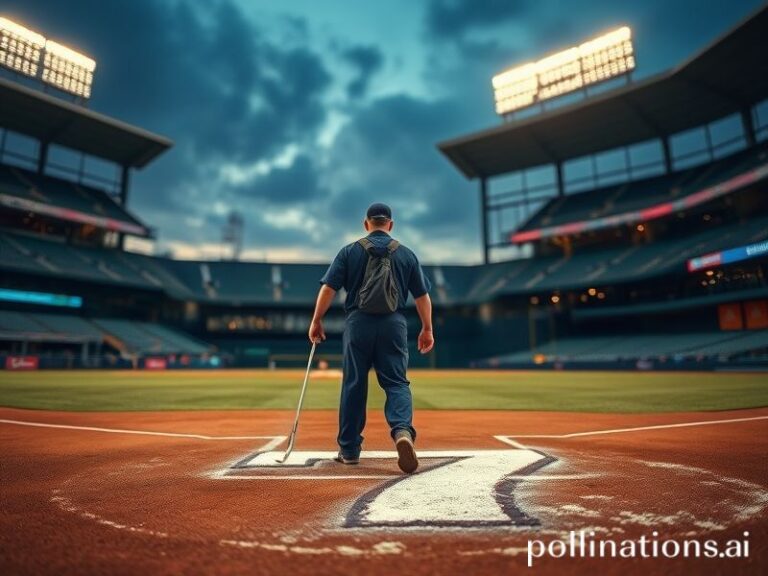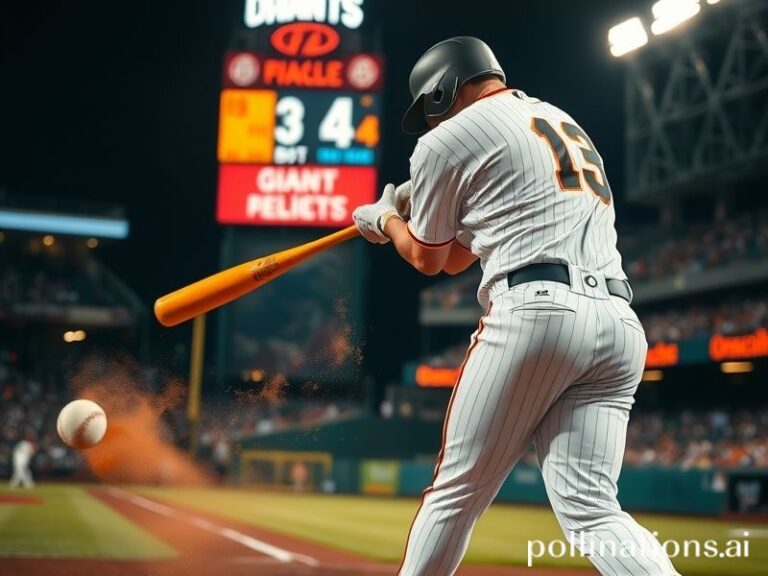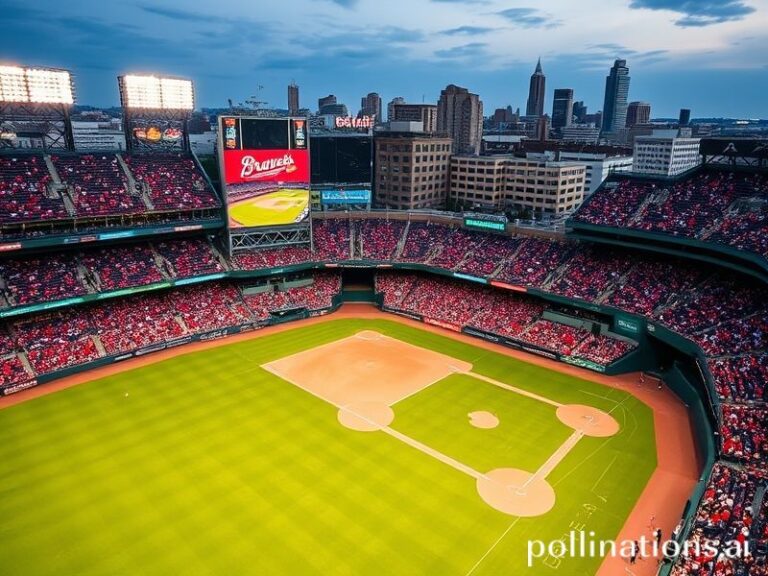Palmeiras vs Internacional: How One Brazilian Grudge Match Quietly Runs the Global Mood
Palmeiras vs Internacional: A Rumble in Brazil That Might Just Decide the Fate of Civilization (Or at Least the Weekend Mood of 215 Million People)
RIO DE JANEIRO—When Palmeiras and Internacional jog onto the pitch at Allianz Parque this Sunday, the rest of the planet will be dutifully worrying about inflation, wars, and whatever new social-media-induced existential dread is trending. But down here, the only inflation that matters is the swelling of expectations in the hearts of Brazilians, and the only war is the one fought with cleats and questionable referee decisions. Which, if you squint, looks suspiciously like the rest of the world’s conflicts—only with better choreography.
To the uninitiated, this is merely a Brasileirão fixture between two historically grumpy clubs from opposite ends of the country’s socioeconomic mood board. Palmeiras, the São Paulo bourgeoisie’s favorite soap opera, is bankrolled by petro-dollars and a fan base that quotes stock indices as trash talk. Internacional, born in the pampas of Porto Alegre, prefers its drama gaucho-style: all wind, steak, and the quiet menace of a region that once declared independence for fun. On paper, it’s three points and a few bruised egos. In practice, it’s a stress test for Brazilian democracy, the global supply chain of memes, and—why not—the mental health of every hedge-fund analyst who has discovered that emerging-market volatility now tracks xG (expected goals) instead of GDP.
The international implications? Start with the obvious: European scouts will be hovering like vultures over a fresh wildebeest carcass, ready to spirit away the next wunderkind before he’s old enough to legally vote or open a Cayman Islands account. Premier League mid-table clubs—those eternal finishing schools for misplaced optimism—have already booked Airbnbs within Uber-range of the stadium. Meanwhile, in Qatar and Saudi Arabia, sporting directors are refreshing their crypto wallets, wondering if Brazilian flair can be weaponized for soft-power the way falconry once was.
But the deeper resonance lies in the way this match exports Brazilian angst to the rest of us. Consider the global economy: supply chains snarled, central banks hiking rates like they’re chasing a last-minute equalizer, and consumers everywhere discovering that avocados now cost the same as black-market plutonium. Brazil, ever the canary in the neoliberal coal mine, metabolizes all that anxiety into ninety minutes of choreographed chaos. Every crunching tackle is a hedge against inflation; every dubious VAR call a metaphor for the IMF.
And then there is the small matter of national identity. Brazilians, bless their paradoxical hearts, export samba smiles while hoarding pessimism like vintage wine. A Palmeiras win will be paraded as evidence that meritocracy is alive and well—conveniently forgetting the club’s oil-soaked balance sheet. An Inter upset, meanwhile, will be spun as the triumph of grit over capital, even though the club’s own finances resemble a post-apocalyptic spreadsheet. Either way, the rest of the world gets a fresh shipment of memes, GIFs, and moral certainty—commodities now more liquid than the dollar.
As the referee checks his earpiece for signs of sabotage, spare a thought for the neutral viewer in, say, Helsinki or Lagos, wondering why grown millionaires chasing a ball should matter while glaciers dissolve and democracy retreats. The answer, of course, is that it shouldn’t—but humans are gloriously irrational creatures who will riot over a handball yet shrug at a rigged bond market. Palmeiras vs Internacional is not just a game; it’s a planetary group-therapy session where the couch is green, the therapist wears a whistle, and the co-pay is your emotional stability.
When the final whistle blows, half of Brazil will feel immortal; the other half will contemplate ritual seppuku with barbecue skewers. The rest of us will scroll, smirk, and return to our own localized disasters, slightly reassured that somewhere in the tropics, fate is still being decided by a piece of inflated leather and twenty-two men pretending the universe cares who wins. Which, if you think about it, is exactly how the rest of the world’s big decisions get made—only with less confetti and worse halftime entertainment.







